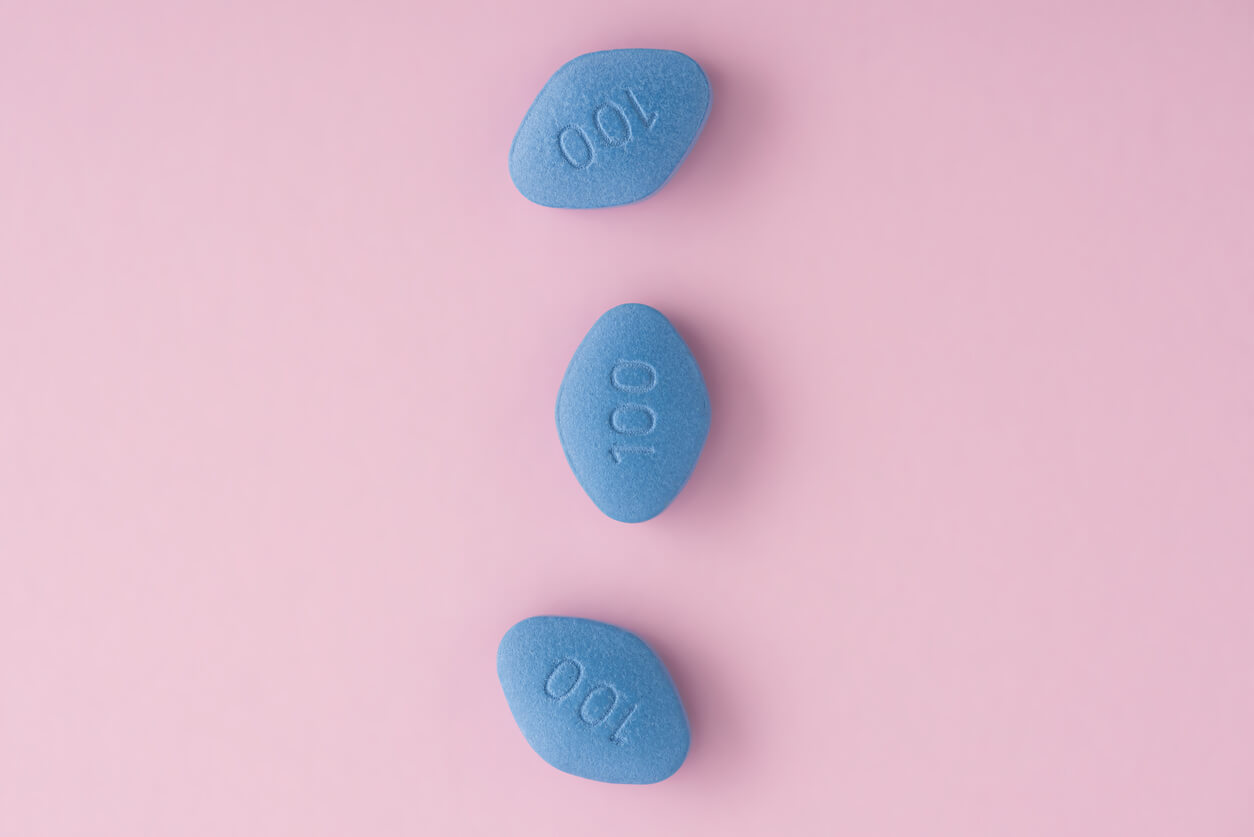Why Your Drug Dosage Is Different Than What You See Online
Understanding dosage adjustments to prescription medications
If you’ve ever been prescribed medication, you’re aware that the prescription comes with a set of directions from your provider. It may go something like this: “Take one pill every four hours with food.” This is the prescribed dosage of your medication.
Every prescription drug contains a specific formula of an active ingredient that works to treat a certain condition. But sometimes, doctors need to adjust or change this dosage depending on a number of factors. This article details why you may have your prescription dosage adjusted and questions you should ask your provider about their dosing directions.
Why is my doctor’s dosage is different than what’s online?
The dosage information for a specific drug ensures its safety and effectiveness in most patients. However, a healthcare provider may choose to change the dosage for a number of reasons. A change in dosage may involve adjusting how often you take the medication (dosage frequency) or how much of the drug you take. For example, certain providers may direct some patients to take a whole oral tablet (a pill), while other patients may be directed to take one-half of that same pill.
The most common reasons doctors adjust dosing directions are:
Age: Doctors may adjust prescription dosages for patients based on age. A pediatric patient is a patient who is under 18 at the time of their diagnosis. A geriatric patient is an adult over 65. Younger and older patients may not be able to tolerate the full dosage of some medications. These patients may be instructed to take a smaller dose of medication. If the medication is well-tolerated (meaning that it doesn’t cause any worrying side effects), the provider may gradually increase the dosage.
Body weight: Patients with low body weight may have their dosage reduced until the provider can monitor how well they tolerate the medication. Similarly, patients with obesity may have their dosage adjusted to ensure that the medication is as effective as possible. Clinical trials are often performed on an average population. This means that patients with a lower-than-average body weight or patients with a greater-than-average body weight may react to a certain medication in a way that was not observed in trials. Providers will monitor how these patients react to their medication to make sure they are not underdosing or overdosing the drug.
Medical history: Certain pre-existing conditions may affect your ability to tolerate certain medications. Your provider may avoid prescribing certain drugs or adjust your dosage based on your history of these conditions.
Your provider may adjust your medication dosage if you have:
- Kidney disease or kidney damage
- Liver disease
- High blood pressure or heart disease
- Thyroid disorders
- Diabetes
- Adrenal insufficiency
- Gastrointestinal problems (like Inflammatory Bowel Disease)
- Epilepsy or Parkinson’s disease
- Respiratory conditions like asthma or COPD
- Bleeding disorders like anemia or clotting disorders
- Autoimmune diseases like rheumatoid arthritis or lupus
- HIV
- Mental health disorders like depression, bipolar disorder, or schizophrenia
- Are pregnant or planning on becoming pregnant
- Are breastfeeding
This is not a complete list of all medical conditions that may interact with prescription drugs, however, these are some of the most common conditions that may make a provider change your dosage frequency or strength.
Before starting treatment with any prescription medication, tell your provider about any medical conditions you have, any negative reactions you’ve had to medication in the past, and any prescriptions you are currently taking. Being open about these risk factors can help prevent negative reactions to your treatment.
How does the FDA determine drug dosage?
When a prescription medication is being developed, it undergoes several clinical trials to test its safety and effectiveness. During these trials, drugmakers try out different doses to see how well they treat a certain condition without causing side effects.
When the drugmaker formulates a safe and effective dosage, it is submitted to the Food and Drug Administration (FDA) for approval. FDA approval helps ensure that once the drug is made available to the general public, its risks of side effects are relatively low and that it has been proven to help treat the specific condition it’s used for. Underdosing a drug may lead to the condition not being properly treated while overdosing a drug can lead to adverse reactions (negative side effects).
How do doctors make sure a medication is working?
Depending on the medication, providers may request that you meet with them regularly so they can monitor how the medication is working and check if you are experiencing any side effects. They may have you undergo certain blood tests to see how the medication is affecting you. They may also perform a visual examination to check for signs of an allergic reaction or other type of negative reaction to the medication.
You can also self-monitor the medication.
Self-monitoring practices include:
Keep a symptom journal: Keep a journal or use a symptom-tracking app to record any changes in symptoms or the severity of your condition. Note improvements or worsening of symptoms over time.
Track health markers: For medications that target specific markers (like blood pressure, blood glucose levels, and heart rate), regularly measure and record these numbers at home using monitoring devices given to you by your provider. If your provider hasn’t given you a monitoring device, ask them for one.
Side Effects: Pay attention to any side effects or adverse reactions associated with the medication. Report these to your healthcare provider and track how they may be affecting your overall well-being.
Take your medication as directed by your doctor. Missing or skipping doses can affect how well the medication works. If you have been taking the medication consistently, but have not noticed an improvement in your symptoms, talk to your provider. They may choose to increase your dosage or prescribe a different medication.
How Sesame can help
If you have questions or concerns about your treatment, talk to a provider over a telehealth platform like Sesame to get answers fast. Online telehealth appointments can save you time, stress, and money. Discuss your treatment with a provider today.








